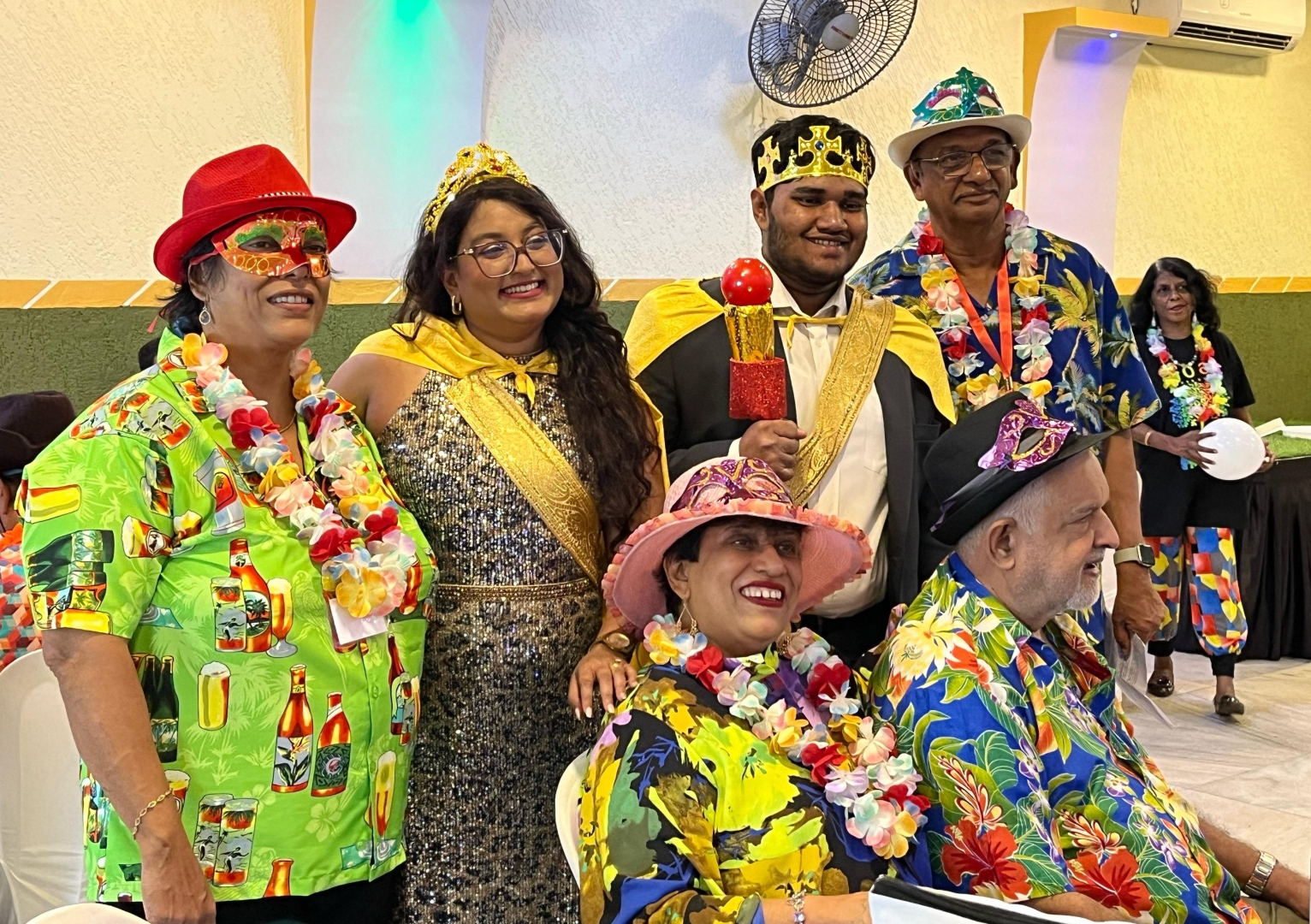Our greatest asset was our ability to work together, for a good cause, and with the future in mind

There is an election coming up in the village. It's a small election, that's got to do with a social institution here. But elections are something you need to treat with caution. These processes can lead to some bitterness, rivalries, and needless oneupmanship. Little to do with the goal of taking an institution ahead and closer towards its goal.
In our journalists' network, the same is visible too. Often in past years, much of the energies have been focused on elections. The ambitious have an eye on the top post(s). After the elections, there is a markedly decline in interest levels. Activities are not taken up as enthusiastically during the rest of the year; with some exceptions. Such stories keep repeating.
You can today find Goan complicatedness in so many fields. At the gram sabhas -- where long term village interests seem furthermost from everyone's mind. At PTA (parent-teacher) organisations. At social clubs. Sometimes even in cultural groups, or religious institutions and youth groups, where factionalism surfaces quick and fast.
So, a number of questions come up: are we losing the plot? Why do we need to be so complicated? Are we an ego-driven lot? What does this mean for the long-term future of Goa, its institutions and her people?
One can generalise -- though over-generalising is risky -- about the pros and cons of the Goan characters. On the plus side, the people are seen as having an easygoing nature.
They also have cultural fluidity -- belong to multiple words (including Goan, Indian, Lusophone, diasporic). They are open to multilingualism, cosmopolitanism (sometimes not) and openness. Goans can be artistic with intellectual inclinations, though they sometimes don't read enough. They also have strong community ties and adaptability too.
Together with this, simultaneously, they have a passivity, which blocks them from being goal-oriented (except when outside Goa). Their caste and communal overtones make them a fractured society. Their identity can be fragmented (this can be blamed on multiple colonialisms, migrations and religious splits). They can be overcautious and prone to diasporic disconnects.
All this leads to the emergence of The complicated Goan.
We can count the number of institution builders on the fingers of our hands. How many have a vision about the Goa they'd like to see in the world of tomorrow? Who dreams about the generations still unborn, rather than our own egos?
Are Goans too complicated? Maybe. They definitely are too complex. Ironically enough, the more affluent and educated they get, the more complex (or complicated) Goans turn.
Goans tend to see multiple sides to an issue. They end up needlessly disagreeing. Most do not believe that they can disagree without being disagreeable. Disputes quickly get personalised.
This is probably also shaped by historical marginalisation, migration, and multilingualism. This complexity can be a strength -- it allows for nuance -- but it can also lead to paralysis, internal contradiction, or political fragmentation.
There were times when Goans were far more collaborative and much less complicated. Who, of our generation, doesn't remember the tightly knit village life of the yesteryears? This surely existed till the 1970s or thereabouts.
In those simpler times, people helped each other to celebrate their weddings, sow their fields, bring in the harvest, take each other's goats or cattle to the hill for grazing, and help with one another's illness or schooling, and even funerals. Those were times when the State support was limited, and one couldn't simply dial an ambulance and wait.
Community-based institutions worked far better then. Comunidades kept villages' drainages clear, and planted trees along the roadsides. In other parts, the mahajani (temple associations) and confrarias (church brotherhoods) carried out their work in a collective spirit.
Prior to the mass out-migration that Goa saw, the people here had to depend on local resources. They relied more on their neighbours. There were less sharp class divides within the villages, even if caste was a reality.
In diaspora Goan communities, there were support systems in place. We need to look beyond the kudds (the boarding spaces which were present in Bombay, Calcutta and Karachi, to a lesser degree). Goans outside Goa supported each other and this helped them to access jobs and housing, thus step up their useful remittances to back home.
Some expat communities were more tightly knit. Dhobi Talao had its own Goan theatre, weekly newspapers, and other cultural networks. It kept Konkani alive and vibrant, from a distance. In fact, it would not be wrong to call Dhobi Talao Goa's 335th village, till the 1960s and 1970s.
But all that is getting lost. Somewhere, we are failing on our vision. We are stopping to see the big picture.
So, what has suddenly gone wrong, and what has changed? At best, one can have a tentative thesis over this. It probably has something to do with the individualisation and affluence that Goan lifestyles have seen in recent decades. Everyone can afford to be arrogant today. We need each other less and less. We are arrogant enough to believe that we can depend on ourselves.
In such a context, we're losing out on a lot. Our greatest asset was our ability to work together, for a good cause, and with the future in mind. Sacrificing this, at the altar of our ego, is something that will surely benefit nobody.
This is not a critique of anyone in particular. It is a comment on trends we all can see. Yet, there are some signs of hope. A few individuals seem willing to look beyond the obvious. They remember what is possible with a greater communitarian spirit. As the African proverb reminds us: "If you want to go fast, go alone. If you want to go far, go together."